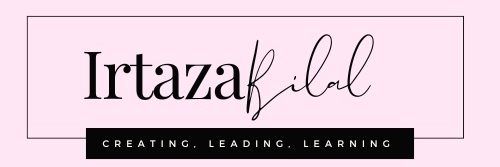Entering the workforce after years of structured education can be both exhilarating and challenging. The journey from backpacks to briefcases signifies a significant shift from the world of academia to the professional realm. This transition is marked by a blend of excitement, uncertainty, and the need to adapt. In this blog, we will explore the various aspects of this transition, offering insights and tips to help young adults navigate this crucial phase of life.
Embracing a New Identity
The move from student to employee involves adopting a new identity and a new set of responsibilities. While as students, our primary role was to learn, as employees, we contribute to a larger purpose. Embracing this shift and understanding how our skills and knowledge fit into the professional landscape is the first step.
Cultivating Soft Skills
While textbooks impart valuable knowledge, soft skills play a pivotal role in the workplace. Communication, teamwork, time management, and adaptability are vital for success. Recognizing the significance of these skills and working to develop them can make the transition smoother.
Setting Realistic Expectations
Entering the workforce can be a reality check. The initial job might not be the dream position you envisioned, and that’s okay. Every step contributes to your growth. Setting realistic expectations about your starting point and career trajectory prevents disillusionment and fosters a positive attitude.
Learning the Corporate Culture
Every workplace has its own unique culture. From dress codes to communication norms, understanding and adapting to the corporate culture is essential. Ask questions, observe, and be open to learning the unwritten rules of the environment.
Continuous Learning
The end of formal education doesn’t mean the end of learning. In fact, it’s quite the opposite. Lifelong learning is crucial in today’s rapidly evolving world. Seek out opportunities for professional development, attend workshops, and stay updated with industry trends.
Networking and Mentorship
Building professional relationships can be as important as skill development. Networking helps you connect with people who can offer insights, advice, and even job opportunities. Seeking out mentors who have walked a similar path can provide guidance during this transition.
Managing Work-Life Balance
Balancing work commitments with personal life can be challenging. Establishing healthy boundaries and making time for hobbies, friends, and family is vital for mental and emotional well-being.
Financial Literacy
As you start earning, understanding personal finance becomes crucial. Budgeting, saving, and managing expenses are skills that will serve you well throughout your life.
Conclusion
The transition from school to work is a significant milestone that comes with its own set of challenges and opportunities. While it might seem daunting, it’s important to remember that this phase is a part of your personal and professional growth. Embrace the learning curve, stay open to new experiences, and remember that this journey is just as important as the destination. As you trade in your backpack for a briefcase, carry with you the lessons you’ve learned and the excitement of embarking on a new adventure.

